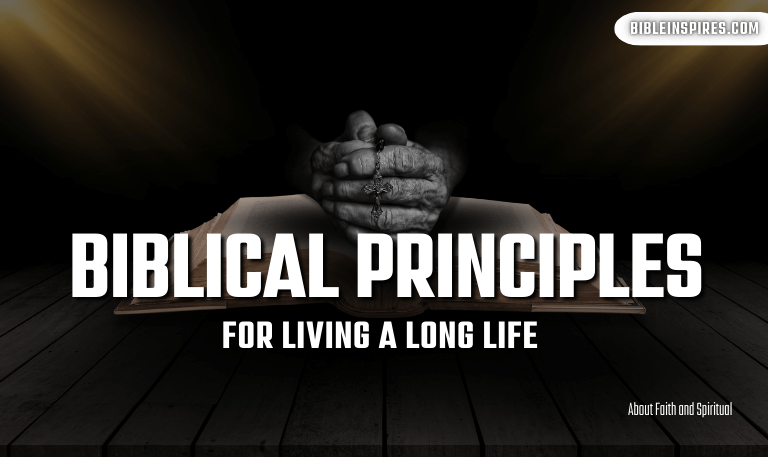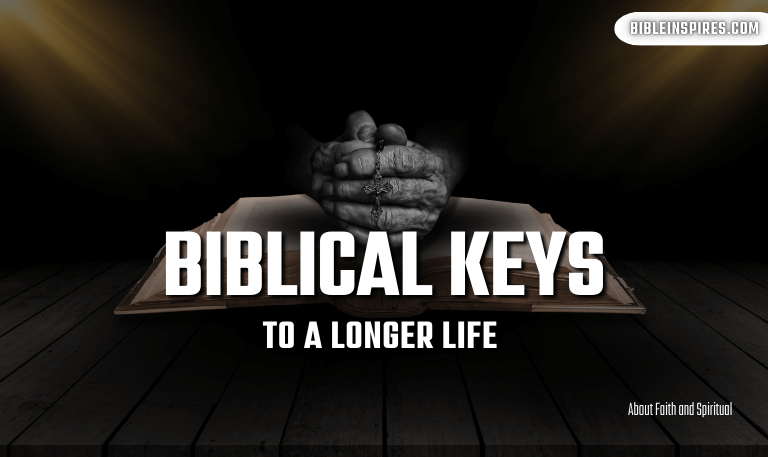When it comes to understanding Christianity, two terms often arise: Catechism and Bible. Both are foundational to the faith, yet they serve different purposes and hold unique roles in religious practice. For many seekers and even practicing Christians, the distinction between Catechism and Bible can be unclear. Is the Catechism a replacement for the Bible? How does each guide belief, worship, and doctrine? This article offers a comprehensive, in-depth exploration of Catechism vs Bible, addressing their origins, structures, authority, and practical uses, along with theological insights and denominational perspectives.
What Is the Bible? An Overview
The Bible is the sacred scripture of Christianity, comprising a collection of ancient texts that include laws, history, prophecy, poetry, and teachings. It is divided into two primary sections:
Old Testament: Originating from the Hebrew Bible, it contains texts foundational to both Judaism and Christianity.
![Catechism Vs Bible | Roles, and Christian Faith [2025 Guide] 6 Catechism-Vs-Bible](https://bibleinspires.com/wp-content/uploads/2025/07/Catechism-Vs-Bible.png)
New Testament: Documents the life, teachings, death, and resurrection of Jesus Christ and writings of early Christian leaders.
The Bible is considered divinely inspired and is the primary source for Christian beliefs, ethics, and worship.
Read Also: How Tall Was Adam in the Bible
What Is Catechism? Definition and Purpose
Catechism is a systematic exposition or summary of Christian doctrine, traditionally presented in a question-and-answer format. It serves as a teaching tool that explains the faith, moral guidance, and church teachings based on the Bible and church tradition.
Unlike the Bible, which is a collection of sacred texts, the Catechism organizes and interprets these teachings to instruct believers, especially new converts and young Christians.
Keywords & Concepts:
Catechism definition
Christian doctrine summary
Catechism teaching tool
Catechism purpose
Historical Origins: Bible and Catechism
Origins of the Bible
The Bible was written over centuries by multiple authors and compiled into a canonical form by church councils. The Old Testament texts date back to approximately 1200-100 BC, and the New Testament writings were composed in the 1st century AD.
Origins of Catechism
The practice of catechizing dates back to the early Christian Church, where new converts were instructed before baptism. The Catechism of the Catholic Church, published in its modern form in 1992, is the most recognized example, but catechisms have existed in various forms across denominations, including Lutheran and Anglican traditions.
Structural Differences: Scripture vs Teaching Manual
| Aspect | Bible | Catechism |
|---|---|---|
| Format | Collection of books, chapters, verses | Question-and-answer or topical guide |
| Content Focus | Divine revelation, history, laws, prophecy | Summary of Christian doctrine and morals |
| Language Style | Varied—narrative, poetry, prophecy, letters | Explanatory, didactic, instructional |
| Purpose | To present God’s word and story of salvation | To teach, explain, and clarify beliefs |
The Bible holds supreme authority in most Christian traditions. It is considered the inspired Word of God and the ultimate rule for faith and practice. The doctrine of Sola Scriptura (“Scripture alone”) is central to many Protestant denominations, emphasizing the Bible’s sufficiency without extra-biblical traditions.
The Role and Authority of Catechism
![Catechism Vs Bible | Roles, and Christian Faith [2025 Guide] 7 catechism-in-a-year-vs-bible-in-a-year](https://bibleinspires.com/wp-content/uploads/2025/07/catechism-in-a-year-vs-bible-in-a-year.png)
The Catechism is an authoritative teaching document but not considered sacred scripture. In the Catholic Church, it serves as a doctrinal guide endorsed by the Church’s Magisterium (teaching authority). It helps interpret the Bible and Church tradition, making doctrine accessible.
How Catechism Uses the Bible
The Catechism is deeply rooted in Scripture. It references biblical passages to support and explain teachings, acting as a bridge between scripture and everyday understanding of faith. For example:
It clarifies the meaning of biblical concepts like the Trinity, sacraments, and commandments.
Offers answers to doctrinal questions grounded in biblical text.
Catechism and Bible in Different Christian Traditions
| Tradition | Bible Authority | Catechism Role |
|---|---|---|
| Catholic | Supreme, guided by tradition | Central teaching guide, Church-endorsed |
| Protestant | Sole authority (Sola Scriptura) | Limited use; some denominations have catechisms (e.g., Westminster) but emphasize Bible study |
| Orthodox | Scripture + Holy Tradition | Catechisms used but vary, with emphasis on tradition |
| Evangelical | Bible as ultimate authority | Catechism often replaced by Bible teaching and sermons |
Both convey core Christian beliefs about God, salvation, morality, and worship.
The Catechism complements the Bible by organizing doctrine for easier understanding.
Together, they provide a holistic foundation for faith education, combining scripture with tradition and explanation.
Common Misconceptions
Catechism replaces the Bible: False; it summarizes and explains Bible teachings but is not scripture.
Only Catholics use Catechism: Many Christian groups have catechetical traditions, though usage varies.
Bible alone is enough: While central, many churches use catechisms to help interpret complex doctrines.
Practical Ways to Use Catechism and Bible in Faith Formation
Study the Bible regularly for direct understanding of God’s word.
![Catechism Vs Bible | Roles, and Christian Faith [2025 Guide] 8 what-is-the-difference-between-the-bible-and-the-catholic-bible](https://bibleinspires.com/wp-content/uploads/2025/07/what-is-the-difference-between-the-bible-and-the-catholic-bible.png)
Use the Catechism as a guide to clarify difficult doctrines and moral questions.
Attend catechetical classes or small groups that combine scripture and catechism study.
Apply teachings in daily life, using the catechism’s moral guidance grounded in biblical principles.
Catechism Vs Bible FAQs
Q1: What is the main difference between the Catechism and the Bible?
A: The Bible is the sacred scripture containing God’s revelation, while the Catechism is a teaching tool summarizing Christian doctrine based on the Bible and Church tradition.
Q2: Is the Catechism considered as sacred as the Bible?
A: No, the Bible is considered sacred scripture, whereas the Catechism is authoritative teaching material but not scripture.
Q3: Can you read the Catechism instead of the Bible?
A: No, the Catechism complements Bible reading but does not replace scripture as the primary source of faith.
Q4: How does the Catechism explain difficult Bible verses?
A: It provides context, interpretation, and doctrinal explanations grounded in Church teaching to help believers understand complex passages.
Q5: Do all Christian denominations use the Catechism?
A: No, usage varies widely. Catholics and some Protestant denominations have catechisms, but many evangelical churches rely mainly on direct Bible study.
Q6: Is the Catechism based entirely on the Bible?
A: The Catechism is based on the Bible and Church tradition, especially in Catholic and Orthodox churches.
Q7: How does the Catechism relate to church tradition?
A: It reflects both Scripture and longstanding Church teachings passed down through tradition.
Q8: Can the Catechism change over time?
A: Yes, catechisms can be updated to clarify teachings or address new questions, but core doctrines remain consistent.
Q9: Why do Protestants reject the Catechism?
A: Some Protestants emphasize Scripture alone (Sola Scriptura) and view catechisms as secondary or potentially authoritative only if aligned strictly with the Bible.
Q10: How can I use both the Bible and Catechism to grow in faith?
A: Regular Bible reading combined with catechism study can deepen understanding, clarify beliefs, and guide daily living according to Christian principles.
Conclusion
Understanding the distinction between the Catechism and the Bible is essential for anyone seeking a deeper grasp of Christian faith and practice. While the Bible remains the foundational sacred scripture — the inspired Word of God — the Catechism serves as a trusted guide that organizes, explains, and teaches the core doctrines derived from Scripture and Church tradition. Together, they form a complementary duo: the Bible provides divine revelation, and the Catechism offers clarity and practical instruction for living that faith.
![Catechism Vs Bible | Roles, and Christian Faith [2025 Guide] 4 Catechism-Vs-Bible-Roles,-and-Christian-Faith-[2025-Guide]](https://bibleinspires.com/wp-content/uploads/2025/07/Catechism-Vs-Bible-Roles-and-Christian-Faith-2025-Guide.png)
![How to Forgive According to the Bible [2025 Guide] 12 How-to-Forgive-According-to-the-Bible-[2025-Guide]](https://bibleinspires.com/wp-content/uploads/2025/04/How-to-Forgive-According-to-the-Bible-2025-Guide.png)

